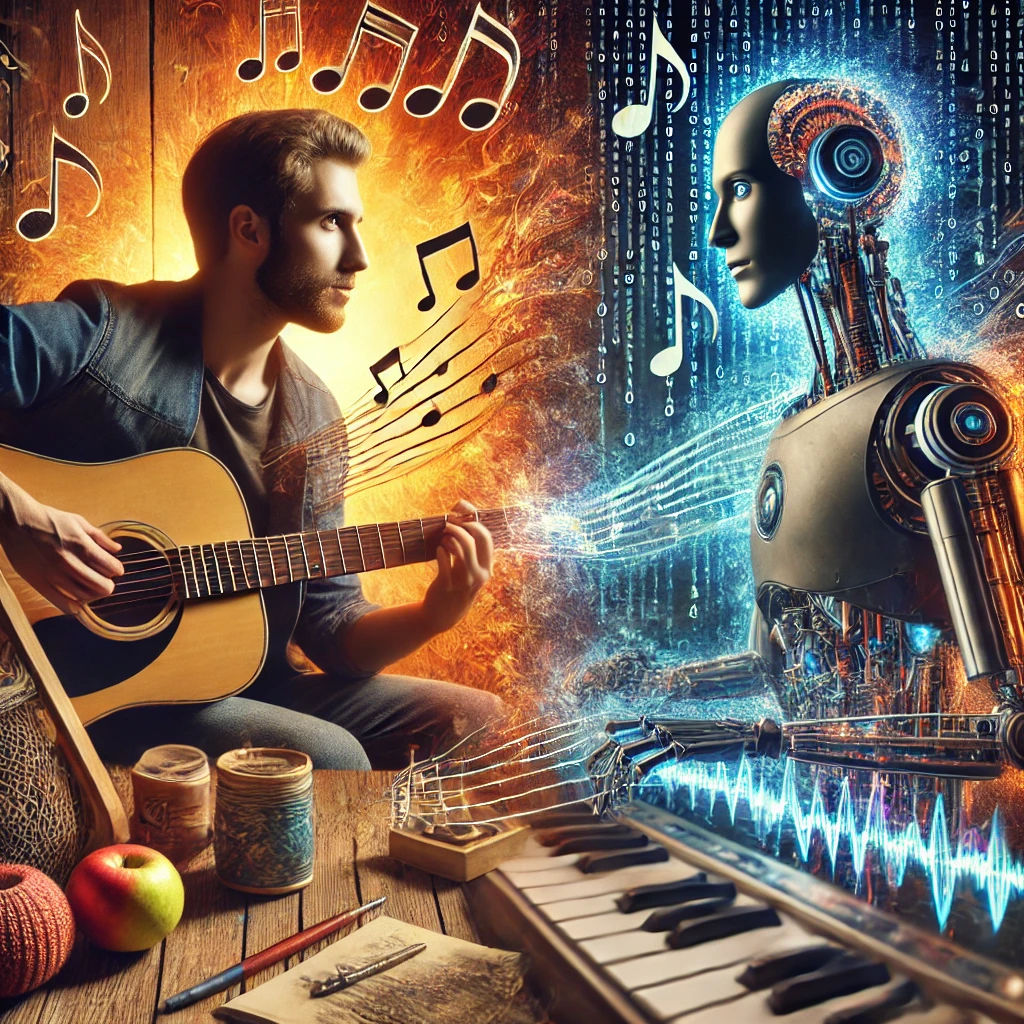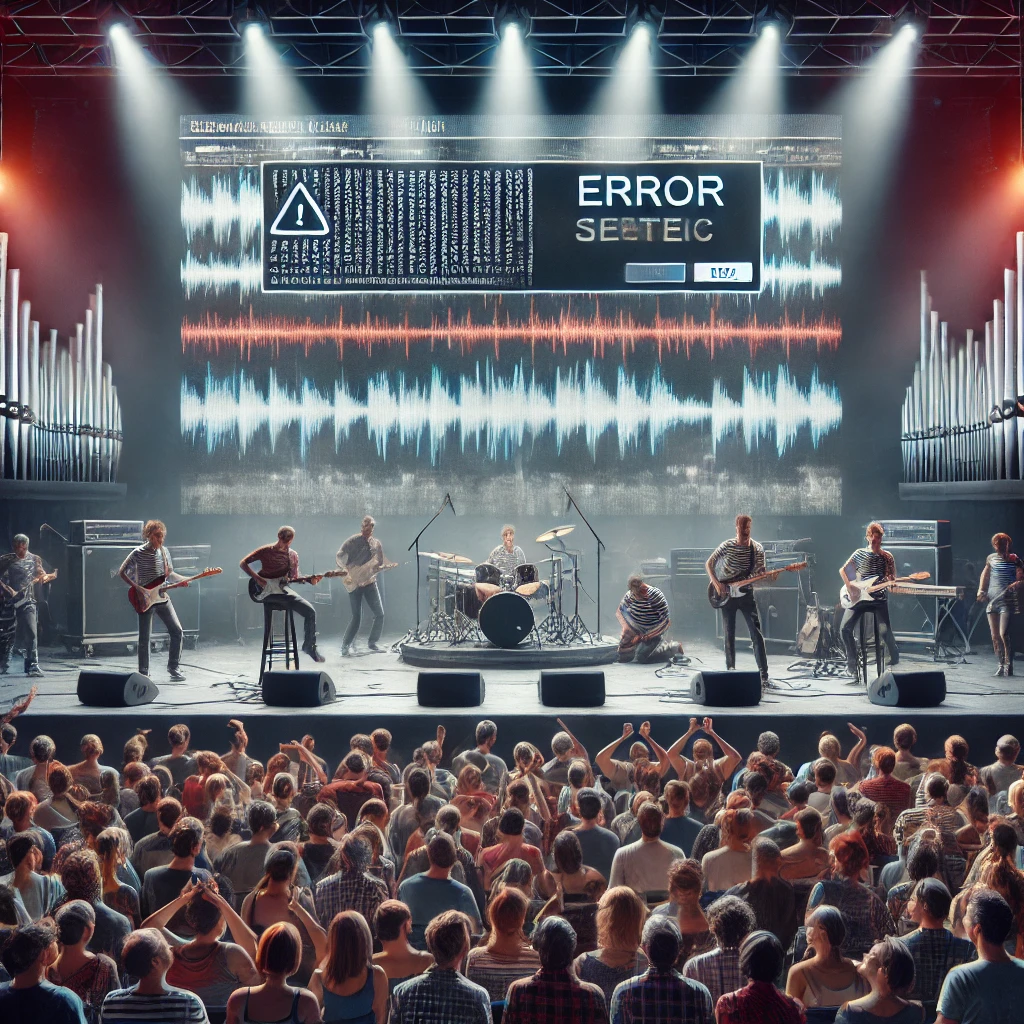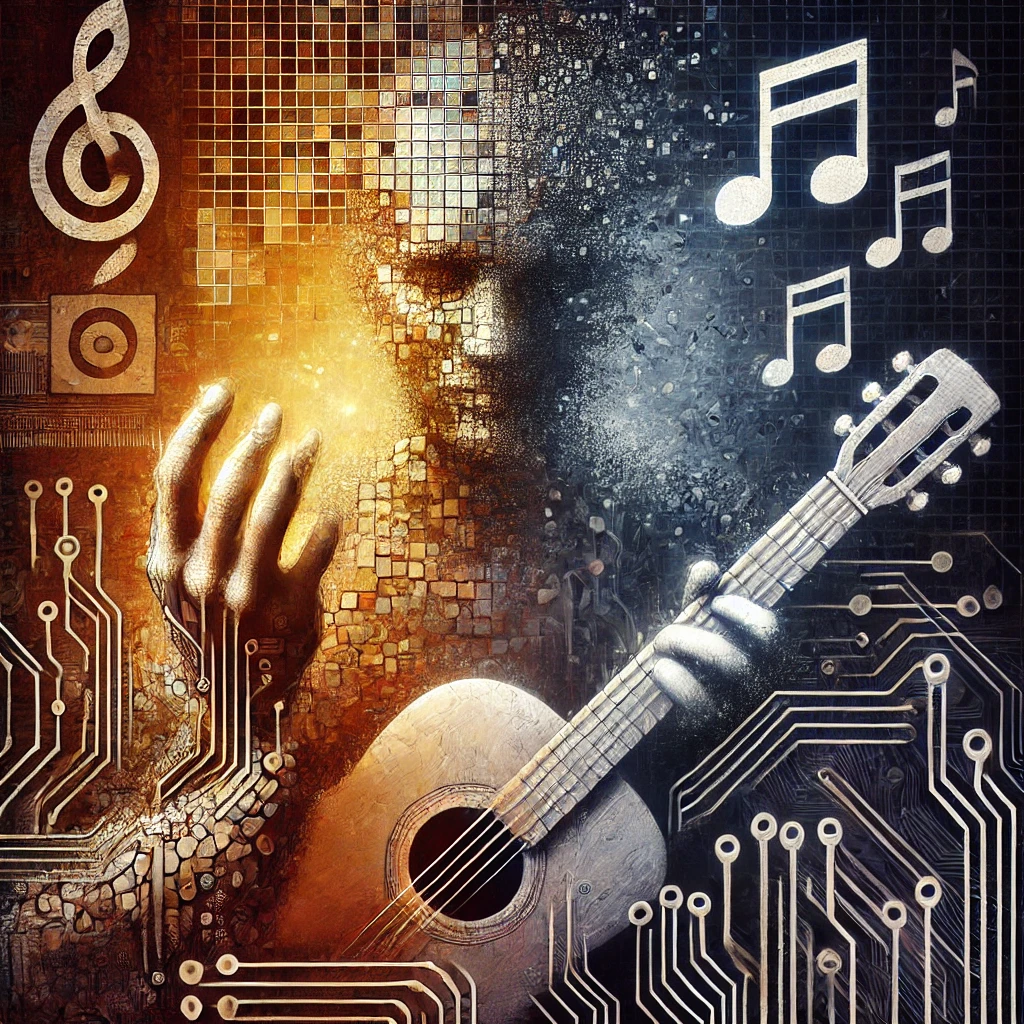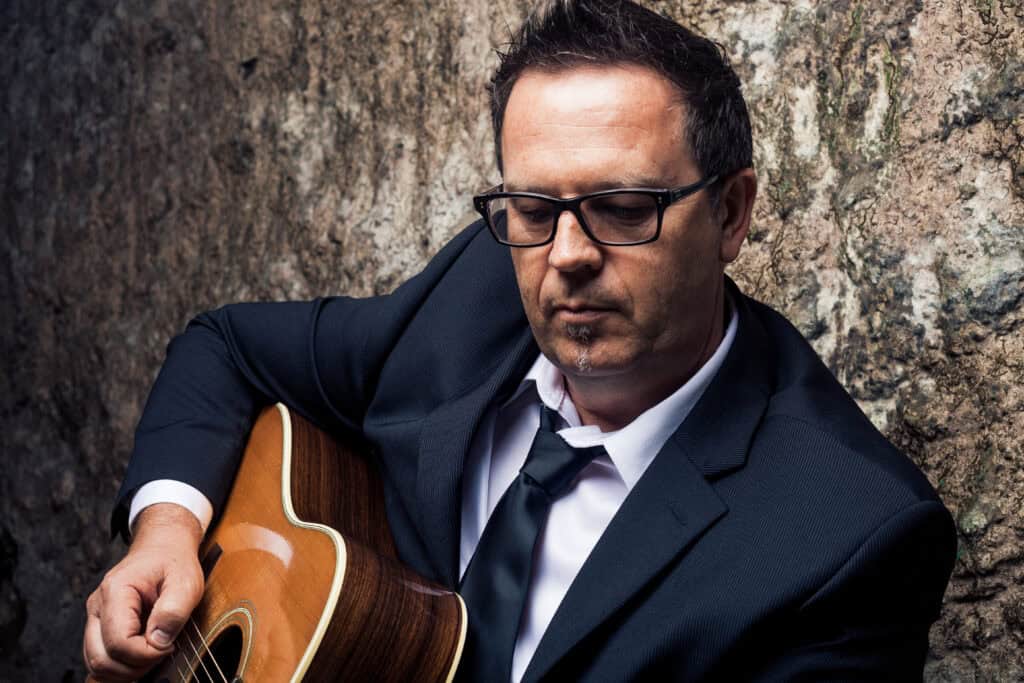
Navigating the AI Revolution: A Musician’s Battle to Preserve the Human Soul in Art
For over four decades, music has been the heartbeat of my life. As a songwriter, performer, and recording artist, I’ve danced with technology from its nascent stages—embracing the early Roland MC-8 and MC-500 microcomposer sequencers and integrating Mac computers alongside live musicians. From those early beginnings till now technology tools expanded my creative horizons, allowing me to explore new sounds and push my artistic boundaries. Yet, as Artificial Intelligence (AI) strides into the creative arena, I find myself grappling with a profound concern: Is AI enhancing our artistry, or is it poised to extinguish the very soul that makes music human?
When The Machines Misses the Beat

Technology has always been a double-edged sword in the arts. I vividly remember a gig with an audience of thousands where a technological glitch sent my carefully crafted song spiraling into chaos. The “tech musician”, our digital heartbeat, had a fit and failed to sync with us live musicians. Unlike a human bandmate who would improvise, and connect with other musicians to get back on track, the “machine” couldn’t creatively adapt in the moment. The song crashed, leaving us stranded in disarray. This moment was a stark reminder that while technology can amplify our capabilities, it lacks the innate human ability and manner of responding to unexpected challenges with grace and intuition. What will AI do when unexpected chaos occurs and it finds the humans are not syncing with it.
AI: A Promising Partner or a Perilous Rival?
Sam Altman, CEO of OpenAI, envisions a future where AI transforms the economy by creating new roles and augmenting human skills. In his interview with Inc. he argues that AI’s “raw intellectual horsepower” cannot replace uniquely human traits like empathy, emotional intelligence, and creative problem-solving. While I resonate with this optimism, my passion for music fuels a different concern: What if AI doesn’t just augment but begins to replace us?
AI’s intrusion into music production is undeniable. From pitch correction to generating entire soundtracks, AI tools are becoming indispensable. Yet, the essence of creativity—connecting disparate ideas, infusing personal experiences, and evoking genuine emotions—remains elusive for machines. AI can mimic, but can it truly feel? Does it even need to feel if it creates music of a qaulity that is indistinguishable from human works? This question haunts me as I watch AI-generated music being consumed without recognition of its artificial origins. The high quality is impressive, but to me it’s hollow—a perfect echo devoid of the human spirit. What do the fans think and do they care?
The Erosion of Authenticity
Authenticity is the lifeblood of art. Every lyric I write, every note I play, carries a piece of my soul. AI may produce technically flawless compositions, but it lacks the emotional depth and personal narratives that resonate deeply with listeners. When AI-generated music becomes indistinguishable from human-created pieces, we risk diluting the authenticity that makes art meaningful. It’s not just about creating sound; it’s about conveying stories, emotions, and experiences that only a human can authentically express. At least I think it is.
The Grim Reality of Job Displacement

I’m guilty. I’ve stood in presentations citing how although the Industrial Revolution destroyed many jobs overnight they were replaced by other kinds of work … so what’s the problem? Promises of AI creating new jobs ring hollow for many artists. Talented songwriters and industry professionals are being displaced by AI tools, with little to no opportunities for meaningful replacement. The assurance that AI will generate new roles hasn’t materialised for those whose livelihoods depend on their creative skills. Instead, we face a stark reality where machines encroach upon our craft, eroding the very foundation of our careers. This displacement is not just a loss of jobs; it’s a loss of identity and purpose for countless artists who pour their hearts into their work.
Ethical Quagmires: Copyright and Ownership
AI’s ability to reinterpret and synthesise existing human works poses significant ethical dilemmas. Who owns the rights to an AI-generated song that borrows from countless human creations? The current industry response is inadequate, often ignoring the blatant infringement on artists’ intellectual property. AI doesn’t create in a vacuum; it stands on the shoulders of human ingenuity, yet the rightful owners of original works find their contributions hijacked without recognition or compensation, and due to the process AI uses they have no evidence that they have been stolen from. This blatant disregard for copyright principles undermines the integrity of artistic creation and threatens the very essence of ownership in the creative process.
A Plea for Lifelong Learning and Human-Centric Creativity
To navigate this tumultuous landscape, creatives must embrace lifelong learning and adaptability. Continuously developing new skills and staying updated on the latest AI tools and technologies is essential. Additionally, focusing on cultivating creativity—asking insightful questions, connecting seemingly unrelated ideas, and approaching challenges from fresh perspectives—will help artists maintain their unique edge. These are the very qualities that make our art irreplaceable.
Embracing AI as a True Collaborator
AI should be a collaborator, not a competitor. By experimenting with AI as a creative tool, musicians can enhance their work and explore new frontiers. Yet, it’s imperative to maintain control over the creative process, ensuring that the human element remains at the forefront. AI can handle the mundane, allowing us to focus on what truly matters: the emotional and expressive aspects of our art.
Protecting the Human Soul in an AI-Driven World

The future of work in an AI-driven world is fraught with both opportunities and challenges. As musicians and creatives, our mission is to harness AI’s capabilities to augment our creativity while fiercely protecting the authenticity and emotional depth that define our work. Technology should serve to enrich our artistic endeavors, not overshadow the human touch that makes art profoundly meaningful.
We stand at a crossroads where the fusion of music and technology can lead to unparalleled innovation or the erosion of our creative essence. By prioritizing uniquely human skills and addressing the ethical concerns surrounding AI, we can navigate this revolution with passion and integrity. Let us embrace the future with caution and creativity, ensuring that the soul of our art remains untouched by the cold precision of machines.
Leave a Reply